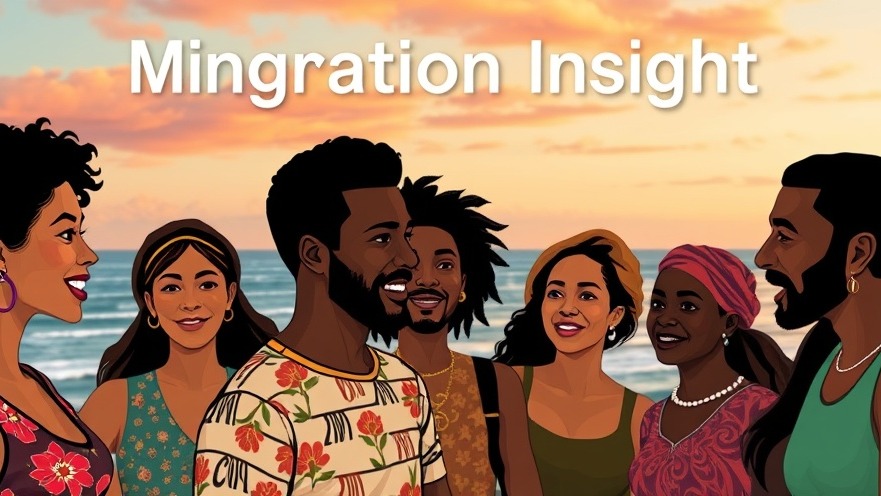
Understanding Migration Policy in the Caribbean
Recently, the International Labour Organization (ILO) and the Caribbean Community (CARICOM) decided to work together to study migration policies in the Caribbean. This is an important step because migration affects many lives across the region, shaping not only the economy but also social structures and family dynamics.
Why Is Migration Important?
Migration is a common phenomenon in the Caribbean, with many people moving to find better job opportunities or to escape difficulties in their home countries. Countries receiving these migrants often benefit from a larger workforce and diverse cultures. However, it can also create challenges, such as strain on local resources and integration efforts.
What Are They Aiming to Achieve?
The upcoming study aims to examine how migration impacts the Caribbean nations individually and collectively. With findings from this study, the ILO and CARICOM hope to improve existing policies, ensuring that migration supports economic growth while also protecting the rights of migrants.
Community Impact
The implications of migration policies affect everyday lives greatly. From healthcare access to education in schools filled with children from various backgrounds, effective migration policy can enhance or hinder opportunities for community cohesion and development.
Looking Ahead
As the ILO and CARICOM proceed with their studies, it is crucial for communities to stay informed and engaged. Changes in migration policies can redefine the social landscape, and public involvement will be key to ensuring that these policies serve the people effectively.
 Add Row
Add Row  Add
Add 




 Add Row
Add Row  Add
Add 


Write A Comment